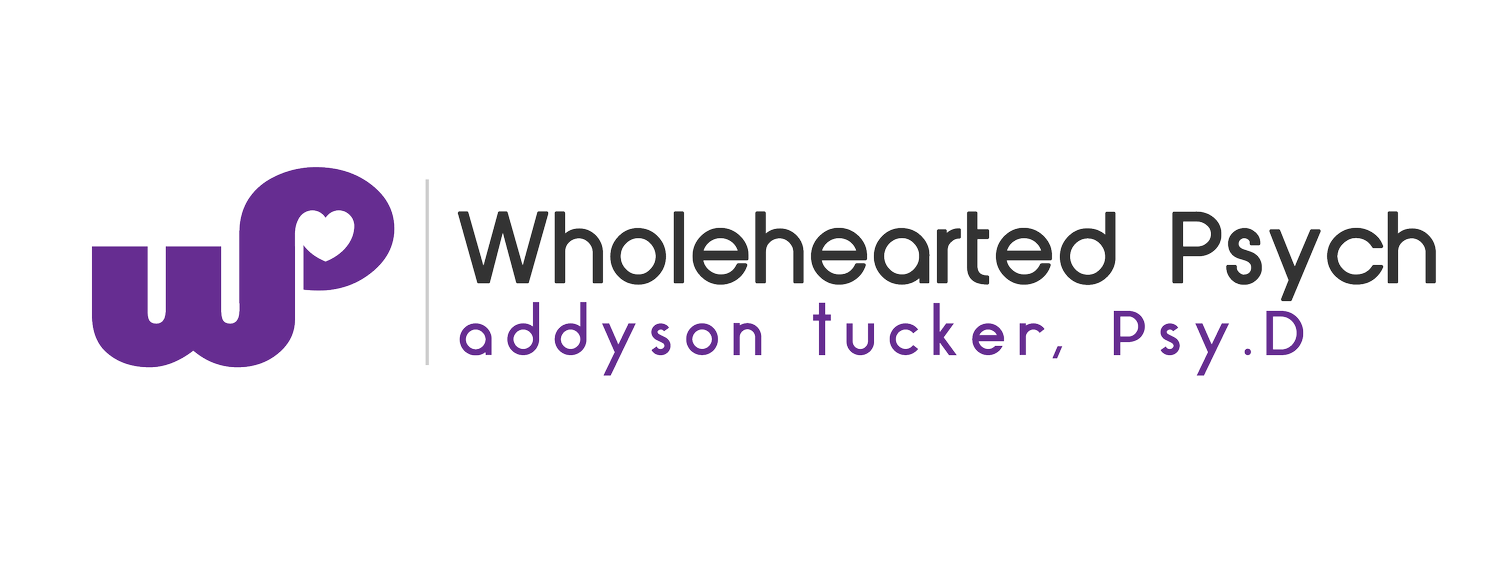Holding the Hard: Self-Compassion While Recovering from Gender-Affirming Surgery
Last week, I filmed a live reflection for members of the Trans Self-Compassion community, discussing how tough it can be to ‘hold the hard’ when it comes to physical discomfort, whether pain, various symptoms, chronic illness, etc. I wanted to share pieces of that here.
I had gender-affirming surgery (GAS) in August - just over a month out this week.
From my years of experience and training supporting dozens of trans and nonbinary adults in their own medical affirmation journeys, I knew to prepare for my body's gradual healing over several weeks and that my energy might fluctuate up and down even a few months out. Though I knew that that could/would happen, you can imagine that it is a whole other experience to go through it.
For me, what has been especially challenging is gaining more energy as I started to recover. It's instinctive to want to get back into your normal routine as you start to feel better, and there’s a push and pull between what you want to do versus what you have capacity for.
I really needed to filter out some of the shame messages (“too much ___” and “not enough ___”) that popped up during that time, and even still now. My brain feels restless and wants to return to driving the speed limit (or let’s be honest, a few miles over), but my body has been varying between the speed of school zones, rush hour traffic, and road construction.
How do we hold physical discomfort, especially when our desire doesn’t match capacity?
For those who experience chronic ongoing pain, as well as unpredictable or unmanageable symptoms, the ups and downs of energy, capacity, desire, and motivation are super tough.
How do we navigate those moments of not feeling okay? Regardless of whether that discomfort is a medical condition that we’ve been managing for a long time, an unexpected stress-related symptom, and/or when we feel “off” because of being worn down or tired.
I have to constantly remind myself to be gentle when feeling frustrated about various tasks I’m behind on, because I'm caring for myself in the way that I'm able to in that moment.
Holding the Hard with self-compassion* helps you to notice what’s coming up with curiosity, validate the discomfort and recognize you’re not alone, and intentionally act in ways to nurture yourself to care for that symptom, to care for your body and brain.
How does this apply to physical symptoms?
Sometimes we approach the discomfort from a lens of trying to ‘fix it’ right away, which is a very common response to others in distress, as well as to our own emotional experiences. However, holding the hard is NOT about understanding the symptom, why it's happening, and/or how to manage it.
I am someone whose body transforms stress, sensory overload, and fatigue into somatic symptoms much more often than through other mechanisms. It can be wildly frustrating and exhausting when something doesn’t feel good in your body.
And that doesn’t even account for the compounded impact of adding internalized or external experiences of gender, racial, and body-related dysphoria, stigma and ‘isms’ to the mix.
There’s a strong urge to figure out what’s happening so you can make it go away. It's also often what our medical providers do. Though it is important to follow through with medical care and check in with your provider if you do have concerning symptoms, holding the hard is a different level of figuring out how to allow space for discomfort.
Holding the Hard During Surgery Recovery
Noticing with Curiosity:
When I’m working to hold the hard with self-compassion, it is helpful to notice what I’m experiencing and to get curious about what’s coming up for me related to the symptom. Even if the answers aren't crystal clear.
When my energy first started to return post-surgery, I was nervous at first to do too much but then got a little too comfortable and over-did it one day (apparently, my body was not ready for yard work). I was so upset with myself at first for not taking more breaks, and I needed to rest a lot the next day.
Validation & Common Humanity:
I also allow space to feel frustrated about xyz symptom, because I am very sensitive to physical discomfort and pain. When I’m feeling off in my body, it can really impact my day. Others who are sensitive to physical discomfort and pain also struggle on days like that, so I know I’m not alone.
In recovering from surgery, not only was I fully aware and expecting to have ups and downs in my energy and capacity, but I had also let my support people know that I would try to do too much too soon (as if they didn’t already know that about me, hmmm). It made total sense that I was excited to start moving again, because I had been feeling so restless, stiff, and swollen after surgery. And I’m DEFINITELY not the only one who has overdone it following a procedure, only to regret it soon after.
Intentional Self-Preservation | Nurturing:
Finally, I check in and ask myself, what do I need to nurture and care for myself right now? That might mean taking some pain meds or scheduling a medical appointment to rule out anything serious. It might be calling a friend to complain and explain what’s happening, who can listen without invalidating me. Also, I try to check in with my body (e.g., if my stomach is feeling upset: When's the last time I ate? Is there something that isn't sitting well? Have I gotten enough to drink today?). Sometimes, there’s nothing you can do but radically accept and embrace the experience.
The day I overdid it, my body communicated loud and clear that it needed a break and LOTS OF REST. I told my support person what happened and was honest about needing a bit more help that evening, as well as really taking things slow the next day. I allowed myself to feel sad and cry, tears of frustration, impatience, disappointment, and got curious about some shame poking through about ‘not being a good enough patient in recovery.’
YOUR TURN TO PRACTICE
Imagine: You’re in the middle of your work day, and you get a migraine!
Noticing with Curiosity: Check in with yourself and notice what's your relationship to experience? How do you feel when you get migraines? And what's happening in your body that might need some attending to? Were there early triggers that you might have missed?
Validation & Common Humanity: Validate it. Migraines are awful, and even more so when they happen at a time when we really need to be present. Others who struggle with migraines also wish that they didn’t have to deal with them and that there were fool-proof ways to prevent them. It makes total sense that you might feel super angry that it’s happening right now.
Intentional Self-Preservation | Nurturing: What is a way to practice intentional self-preservation, so that you can care for yourself? What has helped you move through the discomfort of a migraine in the past? Is there anyone you can reach out to who also understands the experience? What you need, want, and desire might vary between your body and brain, and that’s OK.
Next time you’re in pain or experiencing physical discomfort, try practicing self-compassion for a moment before automatically trying to fix it:
1) notice and get curious about it
2) validate how crappy it feels and remind yourself you’re not alone
3) nurture yourself and your body in that moment
As a final reminder, the goal of self-compassion is to hold space for discomfort. Holding the hard won’t necessarily make the discomfort or pain go away, or even reduce it.
Thanks for reading!
YOU…
Notice yourself feeling drawn to the idea of self-compassion
Feel challenged by this post and the practices described
Are interested in learning more about shame resilience and self-compassion through a lens of racial, body, and gender liberation
Are a Two-Spirit, Trans, Nonbinary, and/or Gender Divergent Adult (also, 2STGNB)
Self-Compassion & Shame Resilience Workshop for 2STGNB Adults is NOW ENROLLING!
10 Sessions: 2-hours on Monday from 5-7PM EST | 4-6PM CST
Via Zoom for those in any location, Economic Justice Scale Tiered Rates
Starting late October 2022 through January 2023 (not consecutive weeks due to various holidays, will announce final schedule depending on participant availability).
Registration & More info: whpsych.2.vu/reg_selfcomp
PDF Flyer for sharing here: whpsych.2.vu/TransSCFlyer
Questions? Email addyson@wholeheartedpsych.com
*Self-Compassion, Shame Resilience, Radical Acceptance, etc. as described above are adapted through a racial, gender, and body liberation lens, as well as the research and writing of Alok V Menon, Sonya Renee Taylor, Kristen Neff, Brené Brown, and countless B.I.POC, Queer, and 2STGNB thought leaders and their ancestors.

